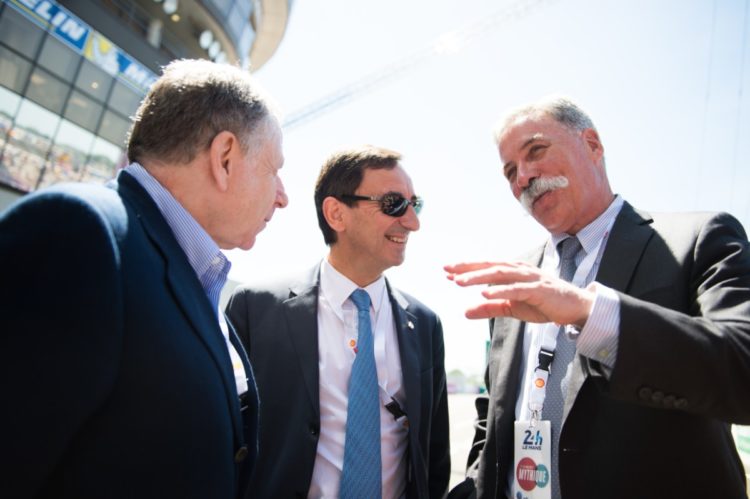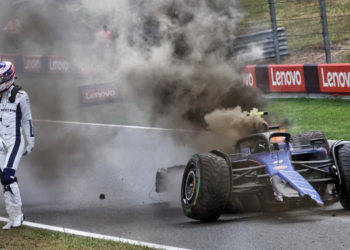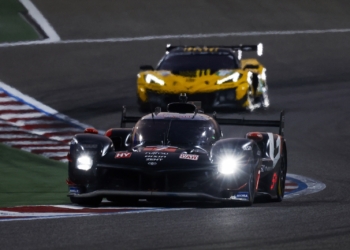Automobile Club de l’Ouest president Pierre Fillon says the COVID-19 pandemic and subsequent reshuffling of racing calendars worldwide is an unprecedented situation calling for ‘exceptional measures’ in which events organisers around the world are supporting each other throughout the crisis.
“We’ve never been faced with a situation like this before. An unprecedented situation calls for exceptional measures,” said Fillon. “Our schedules have changed; of course they have. Our plans have been thrown up in the air and we are coming to terms with the fact that, for several weeks at least, we won’t be able to hold any events. It would be naive, irresponsible even, to ignore the situation or pretend it wasn’t happening and have events cancelled at the last minute, with all the consequences that would entail.”
Fillon explained ACO’s rationale to postpone rather than cancel, saying it’s done to allow stakeholders ample time to plan and respond accordingly.
“We prefer to postpone events and to give everyone ample notice, so that competitors, spectators, hosts, partners, suppliers and emergency services can plan accordingly,” he elaborated. “We took an early decision to reschedule the 24 Hours Motos, before so many other events were postponed. When September and October started filling up and the 24 Hours of Le Mans was rescheduled, we brought the 24 Hours Motos forward to avoid clashes and to give ourselves time to organise two major events in succession.
To an outsider it might look like a domino effect, but it’s more like doing a motorsport event jigsaw puzzle, working as a team with the FIA, the FIM, the FFSA and the FFM to ensure the best possible outcome for all.
By postponing, we can still honour commitments, and even if an event is rescheduled several times, it’s still better than an outright cancellation which would have dire consequences for some. These events are still five months away. Let’s not forget that all such events in France and overseas are being rescheduled within a similar time frame. That means many meetings, with event organisers supporting each other.”
Despite many events now rescheduled to take place after the summer, including the 24 Hours of Le Mans, Fillon says he is not concerned with possible lost ticket sales, instead saying the increased choice of events is ‘something to celebrate’
“Admittedly, this autumn is going to be packed with events,” he continued. “And there are probably more to come. But June, when we usually hold the 24 Hours of Le Mans, is a busy month too. There’s the French Open, an international football tournament every two years, basketball finals, Formula One Grand Prix – so attendance-wise the situation will be no different. When September comes around, if people are spoilt for choice on which events to attend, that will be something to celebrate, not a problem.
Where tickets are concerned, it will be up to us to put together an attractive package to suit the circumstances, tailored to perhaps a different audience, certainly with different priorities and a new mind-set. In 1968, the 24 Hours of Le Mans was also postponed to September. There were 300,000 spectators that year.
Whatever happens, we will do our best to satisfy fans, competitors, suppliers and partners. It’s a team effort.”










Discussion about this post